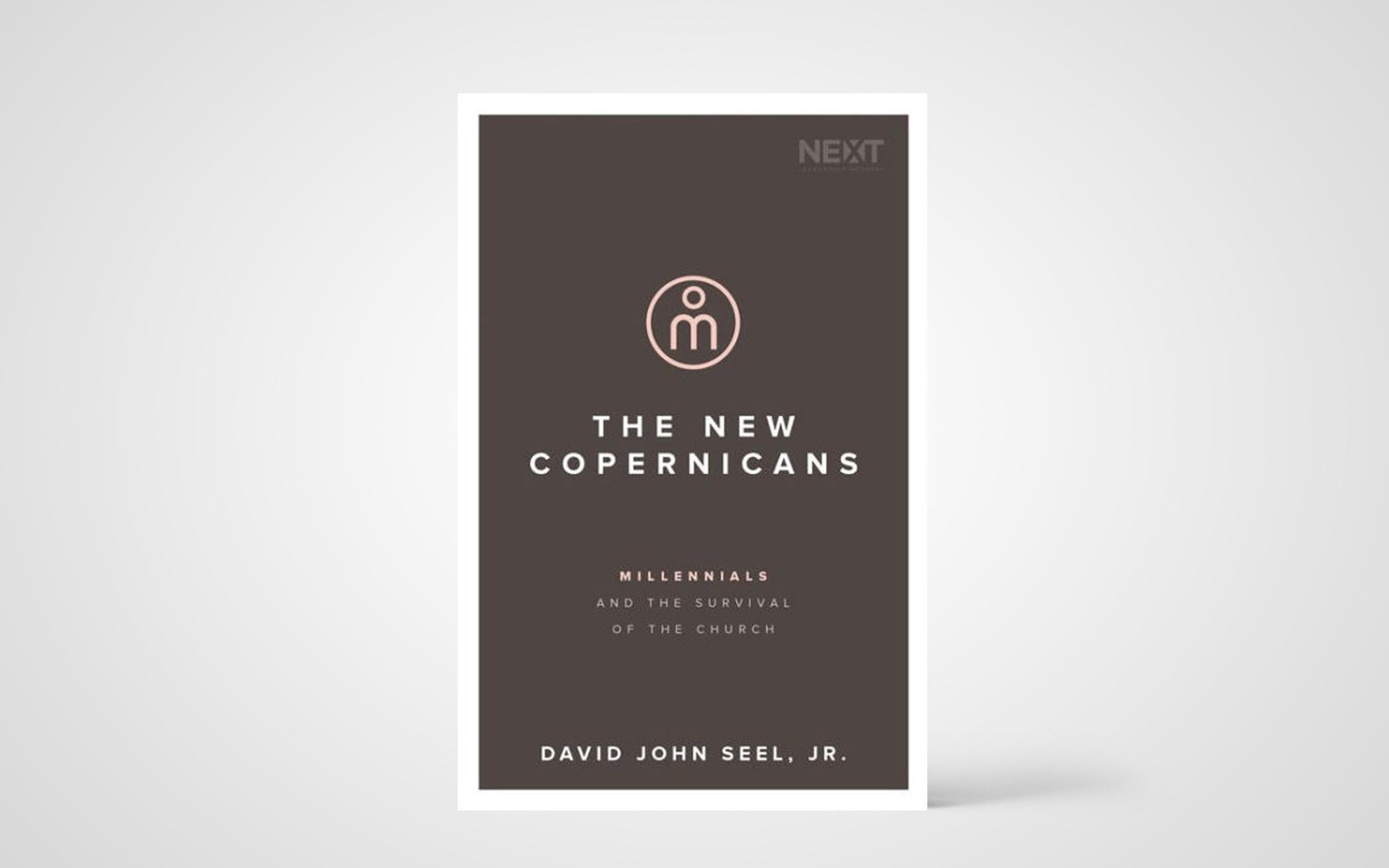What do you get when you live in a Google world with the knowledge of the universe at your fingertips?
And what if, in that Google world, the super-diversity of religions and opinions leads you to believe that the most important virtue is to accept differences in other people?
What if the shortcomings of government, the church, the economic system, and the family itself are on such display that you come to mistrust anything institutional?
What if on-demand entertainment allows you to dive into any kind of story that will provide the best escape?
And what if, in that world, social media allows you to tell your own story in any way you want to tell it?
What do you get? You get a millennial.
If you know someone born between 1980 and 2000, that person is a millennial. Today he or she is a young or middle adult. Author David John Seel Jr., calls such people “New Copernicans” because, like Copernicus (1473-1543), they sense that the people in charge have misrepresented the fundamental nature of reality. Copernicus saw that the earth is not, contrary to accepted wisdom, the center of the universe. The New Copernicans see that the rational, logical, Enlightenment mind is not, contrary to accepted wisdom, the only way to understand the universe.
In his book The New Copernicans: Millennials and the Survival of the Church Seel describes this as a real, immense, cultural shift. People have called it by different names: Postmodernism. Post-Christianity. Post-Enlightenment. Post-rational. Seel calls it a “frame shift” and believes that it is not caused by millennials. Rather, it is carried by millennials as they encounter a world that features, among other things, the five realities mentioned above.
Bad news for the church, right? No, Seel sees lots of potential here. He sees it as a return to right-brain thinking, a recovery of the artistic and poetical mind, a renewed openness to mystery and paradox. For Seel, this is a return to a more Jesus-shaped church.
He believes that the church, particularly the evangelical church, must repent of its cozy relationship with black-and-white, us/them, reductionist thinking if it is to remain vibrant in the age of millennials and those who come after them. The church must admit that life is full of mystery and paradox, reduce its dependence on institutions, engage pluralism with confident grace, and present the Bible as God’s story rather than as a collection of theological concepts and their proof texts.
Sometimes in my reading I thought that Seel was too soft on millennials and too hard on the evangelical church. And sometimes I paused in my reading just to appreciate the dots he was connecting for me.
At the end of the book I celebrated two things. First, I now had a clear language for all those fuzzy conversations about the decline of the North American church. Second, I found hope in the Great Story that God tells and in the ways he gives us to learn and speak it. (Thomas Nelson)
About the Author
Rev. David Den Haan is pastor of Fairway CRC, Jenison, Mich.

